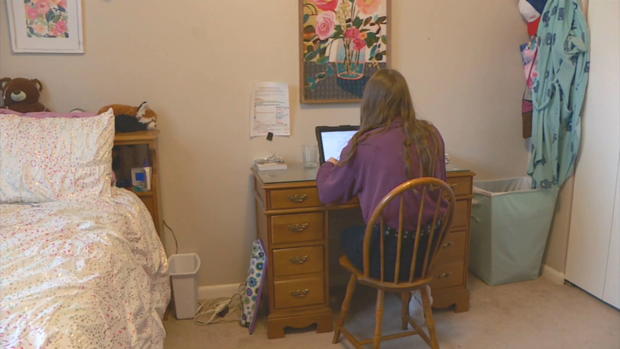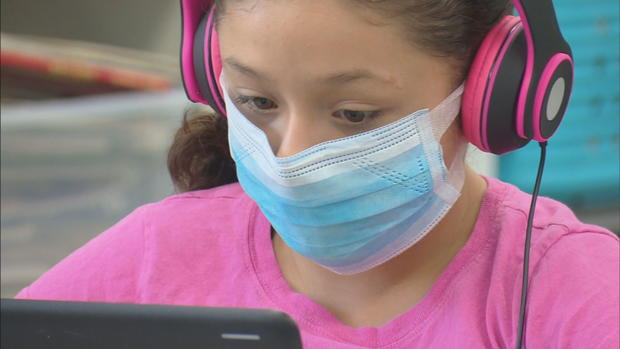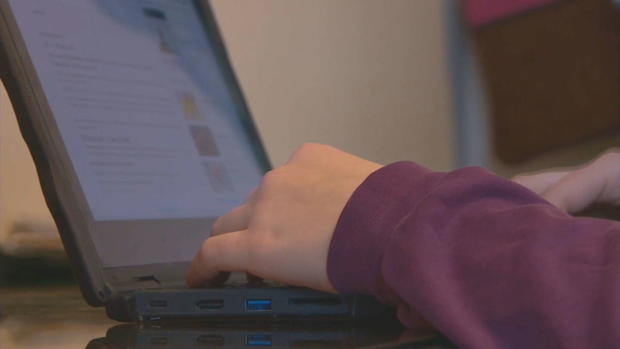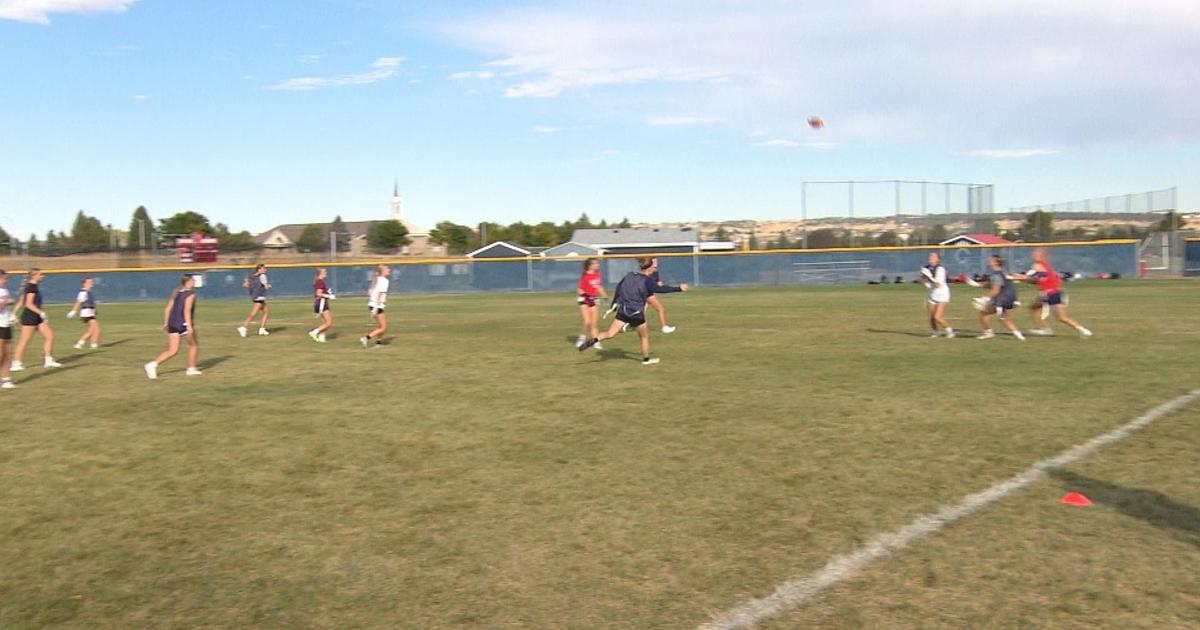Study: Colorado Schools Need To Focus More On Mental, Social & Emotional Needs
DENVER (CBS4) – Change was the only constant for school districts throughout Colorado, after the COVID-19 pandemic emptied classrooms in March. An assistant professor at the University of Denver joined researchers from around the county to analyze the fallout from the coronavirus pandemic on education.
"The COVID-19 pandemic is an unprecedented interruption to schools that researchers needed to understand and capture in real time," said Erin Anderson, an assistant professor in the Morgridge College of Education. "I think what's been hard is there hasn't been a consistent plan. No plan is going to make everybody happy and no plan is even going to make those making the plan very happy."
For several months, researchers conducted more than 100 interviews with school principals to identity issues and lessons that could be applied moving forward. The team found that the challenges schools need to focus on fit into three categories: infrastructure, interaction and instruction.
"There are things that need to change. We need to recognize that school is more than academics," said Anderson. "The work of school leaders is already multifaceted and complex, and during the pandemic, we have asked them to take on more tasks and to solve societal ills."
Though it would have been difficult, Anderson says best decision for students and educators would have been to prioritize consistency by picking one learning modality and sticking to it.
"Teachers are planners. They had a whole plan in place for remote learning and then suddenly they were pulled back in the building two weeks later. Suddenly they have to rethink their plan," said Anderson, who says hybrid learning puts even more of strain on educators.
Infrastructure looks at access to technology and resources. In Colorado, Anderson says there was fast recognition that students have needs, like food insecurity, that needed to be addressed first. She says districts in the Denver area kept rigorous instruction a priority.
"They really maintained expectations around learning and that being rigorous learning. Even if grading was pausing, teachers were still putting together really well-developed lessons," said Anderson, who noted several school districts in other states adopted less rigorous plans during remote learning.
Interaction looks at socioemotional support and communication. She says the researchers overwhelmingly found that students' mental health, social and emotional needs that need to more attention.
"There have been ample studies highlighting the importance of dealing with emotional and physical needs before engaging in instruction, but policy for this fall has not reflected this understanding. Districts have been rapidly changing the format of schools and asking teachers to teach in untenable hybrid models," said Anderson. "My biggest surprise is that we are not learning from the experiences last spring and letting them inform decisions for the fall, particularly at the policy level."
As school districts begin to develop their plans for 2021, Anderson urges school administrators to use the study to help achieve a successful second half of the school year.
More information on the study can be found here: https://www.cpre.org/leading-crisis






